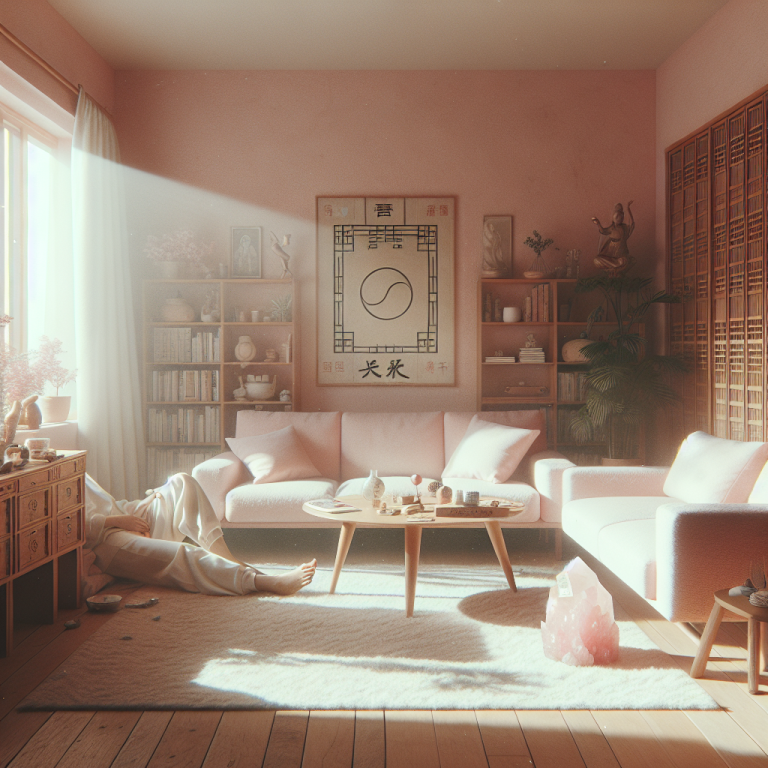Contents
- Are Plants in the Bedroom Bad Feng Shui?
- The Debate: Plants in the Bedroom
- Benefits of Having Plants in the Bedroom
- Potential Drawbacks
- Guidelines for Incorporating Plants
- Story: A Personal Journey with Feng Shui
- FAQs
- 1. Can any plant be placed in the bedroom according to Feng Shui?
- 2. How many plants should I have in my bedroom?
- 3. Do plants really affect sleep quality?
- Conclusion
Are Plants in the Bedroom Bad Feng Shui?
Feng Shui, the ancient Chinese practice of harmonizing individuals with their surrounding environment, often raises questions about the placement of plants in the bedroom. While some believe that plants can disrupt the energy flow, others argue they bring vitality and positive energy. This article explores the nuanced perspectives on this topic, providing insights into how plants can influence your bedroom’s Feng Shui.
The Debate: Plants in the Bedroom
Feng Shui experts have long debated the role of plants in the bedroom. On one hand, plants are living entities that can introduce life force energy, known as qi, into a space. They can purify the air, reduce stress, and promote a sense of calm and relaxation. On the other hand, some practitioners warn that plants might disrupt the serene energy needed for restful sleep due to their active energy and the small amount of carbon dioxide they release at night.
Benefits of Having Plants in the Bedroom
- Air Purification: Plants like spider plants and peace lilies are known for their ability to purify the air, which can lead to better sleep quality and reduced allergy symptoms.
- Stress Reduction: The presence of greenery can help reduce stress levels, creating a more peaceful environment conducive to relaxation and rest.
- Positive Energy: Plants are believed to bring positive energy into a space, promoting balance and harmony.
Potential Drawbacks
- Disruptive Energy: Some Feng Shui schools suggest that the upward, expansive energy of plants might not be suitable for the calming environment of a bedroom.
- Carbon Dioxide Emission: Although the amount of CO2 released by plants at night is minimal, it is a consideration for those sensitive to air quality changes.
- Space Constraints: In smaller bedrooms, plants might crowd the space, leading to a feeling of clutter and disrupted energy flow.
Guidelines for Incorporating Plants
To balance the benefits and drawbacks, consider these Feng Shui guidelines:
- Placement: Keep plants at least three feet away from the bed to ensure a balanced circulation of energy.
- Choose the Right Plants: Opt for plants that promote yin energy, which is softer and more restful. Avoid plants with sharp or spiky leaves that can introduce aggressive energy.
- Quality Over Quantity: Limit the number of plants to avoid overwhelming the space. A few well-chosen plants can be more effective than a large number.
- Keep Plants Healthy: Ensure your plants are well-cared for, as dead or dying plants can bring negative energy into the room.
Story: A Personal Journey with Feng Shui
When Jane first moved into her new apartment, she was excited to decorate her bedroom with lush greenery. As a nature enthusiast, she believed that plants would bring life and vibrancy to her space. However, she soon found herself feeling restless and unable to sleep. After consulting a Feng Shui expert, Jane learned that the placement and type of plants could be affecting her sleep.
By rearranging her plants and choosing varieties that promoted a calming energy, Jane transformed her bedroom into a serene oasis. She noticed an improvement in her sleep quality and felt more relaxed and rejuvenated. Jane’s journey highlights the importance of understanding the principles of Feng Shui and how they can be applied to create a harmonious living space.
FAQs
1. Can any plant be placed in the bedroom according to Feng Shui?
Not all plants are suitable for the bedroom. It’s best to choose plants that promote yin energy, such as ferns and peace lilies, and avoid those with sharp or spiky leaves.
2. How many plants should I have in my bedroom?
There is no set number, but it’s important to avoid overcrowding. A balanced approach is key, with one or two plants in a small room and up to four in a larger space.
3. Do plants really affect sleep quality?
Yes, plants can influence sleep quality by purifying the air and reducing stress. However, their placement and type can also impact the energy flow in the room, which may affect sleep.
Conclusion
The question of whether plants are bad Feng Shui in the bedroom is not a straightforward one. While they can introduce positive energy and improve air quality, their placement and type are crucial to maintaining a restful environment. By following Feng Shui principles, you can enjoy the benefits of plants without disrupting your sleep.
At Feng Shui Bliss, we believe in creating harmonious spaces that enhance well-being. Whether you’re a seasoned practitioner or new to Feng Shui, incorporating plants thoughtfully can transform your bedroom into a sanctuary of peace and rejuvenation.







